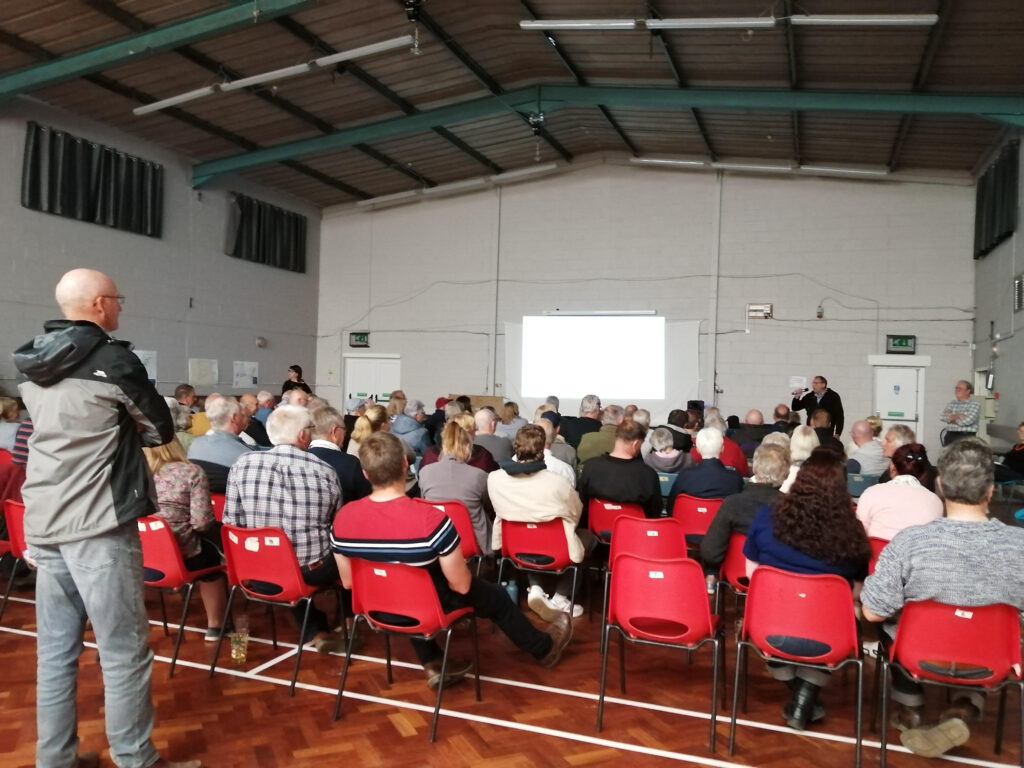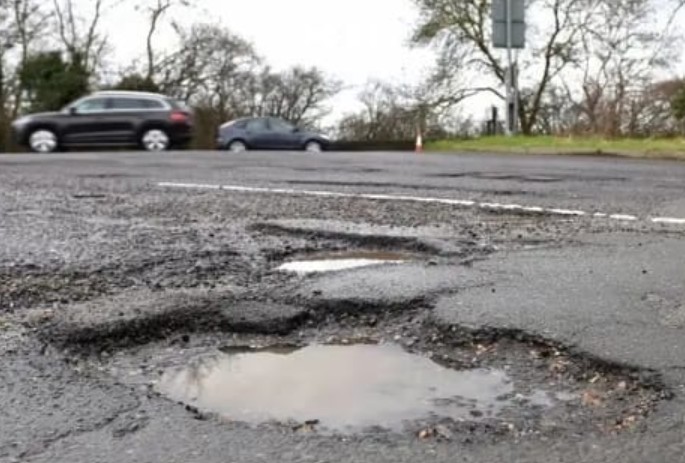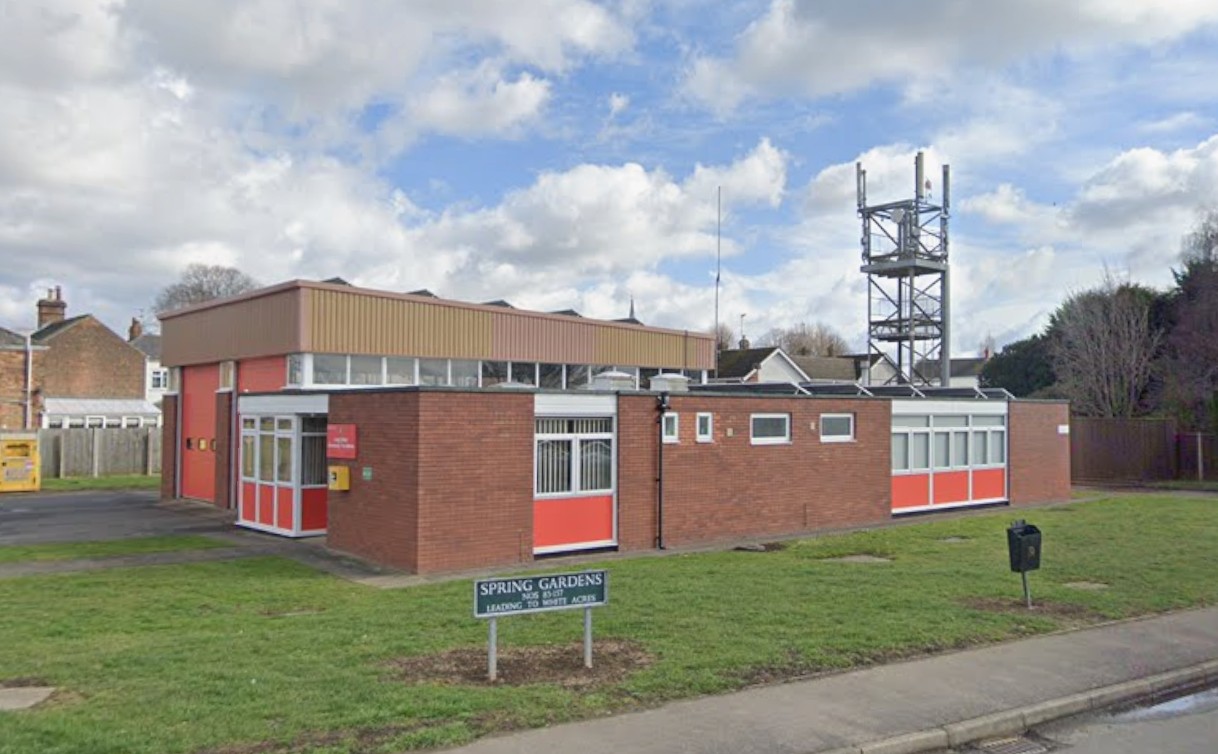If Meridian Solar really wanted to know what local residents think about its multi-million plans it could not have done better than attend a packed public meeting at Whaplode Drove’s Elizabethan Centre.
The event, organised by Meridian Action Group (MAG), dissected the massive solar farm plan through an illustrated presentation last week.
A question and answer session revealed the levels of concern felt by people who will be impacted by the huge development and the line of towering pylons which will connect the solar farm to a proposed new substation at Weston Marsh.
A main message, repeated throughout the meeting, was that everyone should make their views known to Meridian Solar before its consultation closed on June 8.
The development, now expanded to 1100 hectares, will have solar panels and battery storage and will impact Crowland, Gedney Hill, Sutton St Edmunds, Holbeach Drove, Whaplode Drove, Shepeau Stow, Cowbit, Deeping St Nicholas, Holbeach St Johns, Whaplode St Catherine, Moulton Chapel, Moulton, Moulton Seas End, Weston Hills and Weston.
It will consist of around 1.8 million ground-mounted solar panels, inverters, transformers, switchgear, substation and control buildings, battery storage, fencing and security measures and pylons connecting over 12 kilometres to a new National Grid substation at Weston Marsh.
Residents’ concerns included industrialisation of the landscape, use of vital top-grade food-growing land, noise and disruption from years of construction involving daily 12-hour shifts for hundreds of workers and hundreds of HGV movements along unsuitable fen roads.
South Holland and the Deepings MP Sir John Hayes has formally objected to the Meridian Solar development.
Sir John (pictured right) has written to Downing Renewable Developments to formally object to the proposed development near Crowland, Shepeau Stow, Cowbit and Whaplode Drove.
The plan, covering 1,100 hectares (2,700 acres) of land – equivalent to 1,400 football pitches – would be larger than the entire village of Cowbit.
In a detailed letter, also sent to Energy Secretary Ed Miliband and Deputy Prime Minister Angela Rayner, Sir John described the proposal as “frankly unconscionable,” warning that it would remove some of Britain’s most productive farmland from food production at a time of rising food insecurity.
Virtually all of the proposed solar panels will be located on grade two farmland, which is rated ‘very good’ and highly fertile farmland, with some on grade one, or ‘excellent’ farmland.
“This is the best and most versatile farmland in England. Once it is covered in panels and pylons, it will be lost to farming – likely forever.”
He highlighted that Lincolnshire produces 30 per cent of the UK’s vegetables and 20 per cent of its sugar beet and potatoes, describing the region as “the centre of UK food production.”
Sir John raised additional concerns about the lack of soil analysis, risks to wildlife habitats, historic monuments, and flooding, as well as visual and noise impacts on the flat Fenland landscape.
He also questioned the lack of community engagement, with many residents reporting they were not properly informed.
“The people of Lincolnshire are not against solar power,” he said. “But they are against ill-thought-out schemes that industrialise the countryside, destroy farmland, and bring no benefit to local communities.”
He called for a return to common sense: “If solar panels must be built, they should go on brownfield land or rooftops – not the fields that feed the nation.”
Sir John has urged ministers to reject the proposal and ensure decisions on such major developments are made locally, not imposed from above.







